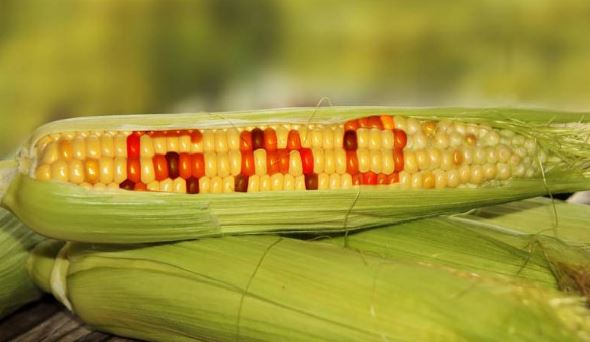The National Biosafety Authority (NBA) has reassured Kenyans that genetically modified organisms (GMOs) undergo comprehensive assessments and evaluations before being approved for commercialization.
According to Josphat Muchiri, the NBA’s Acting Director of Biosafety Research and Compliance, this process ensures that GMOs do not present any greater risks to the environment than conventional crops.
However, earlier this month, the Court of Appeal in Nairobi suspended the further approval for the cultivation and importation of GMOs until an appeal case is heard and concluded. Despite this, research on GMOs and the commercial use of already approved varieties will continue.
Speaking at the 2nd Global Congress on Genetic Biocontrol Technologies in Accra, Ghana, Muchiri noted the importance of conducting risk assessments within the context of national safety standards.
"Risk assessments are essential to safeguard human health, animal welfare, and environmental protection," Muchiri noted. "Kenya has put in place appropriate measures to evaluate the risks associated with GMO products before they are introduced to the market."
Muchiri further explained that Kenya has a robust regulatory framework guiding risk assessments on GMOs. The framework ensures that any risks to biodiversity, human health, and the environment are thoroughly evaluated before approval.
“Our risk assessment process includes identifying and assessing the potential adverse effects of living modified organisms (LMOs) on biodiversity and human health,” he stated.
Muchiri pointed out that more than 30 GM crop species have already been commercialized and are being cultivated in 29 countries.
He explained that GMO testing follows a stepwise procedure, starting with laboratory experiments and progressing to general release based on findings from earlier stages.
International safety assessment tools, such as the Cartagena Protocol on Biosafety, OECD Guidelines, Codex Guidelines, and WHO’s framework for testing genetically modified mosquitoes, are used in the evaluation process.
Kenya, which signed the Cartagena Protocol in 2000 and ratified it in 2003, uses these international standards to regulate GMOs and ensure their safety for humans, animals, and the environment.
Kenya has approved several GMO crops for confined field trials, including Bt maize in Kiboko and Kitale, drought-tolerant maize in Kiboko, virus-resistant sweet potato in Kakamega, virus-resistant cassava in Mtwapa, Thika, and Alupe, as well as GM potatoes in various locations across the country.
Bt cotton, which has been approved for commercialization, has been successfully cultivated in Mwea, Kirinyaga County since 2020.
Other crops, such as Bt maize and virus-resistant cassava, are in advanced stages of testing, with commercialisation on the horizon.












